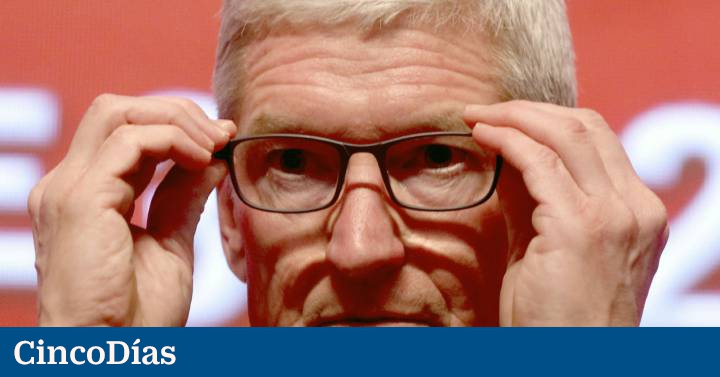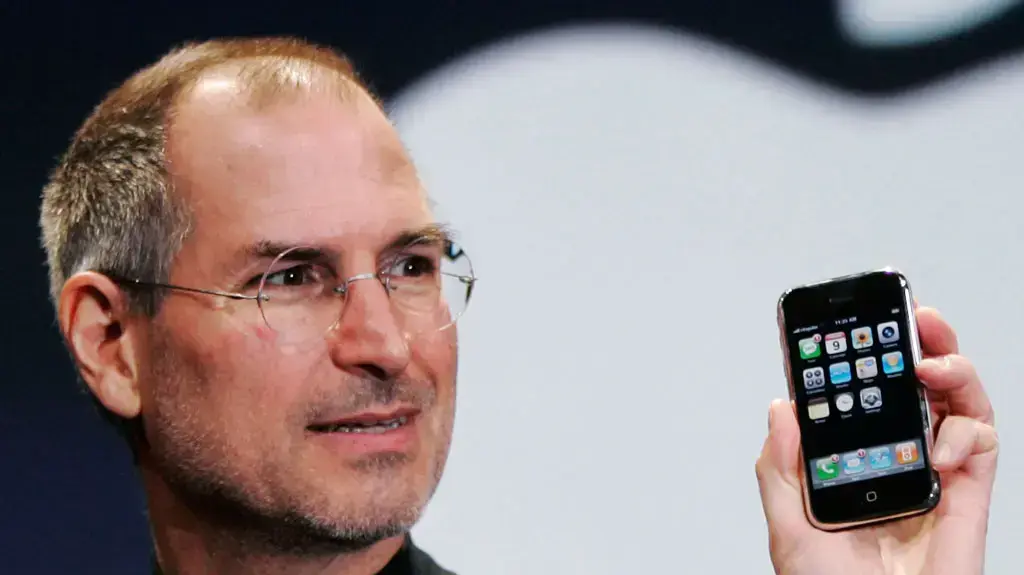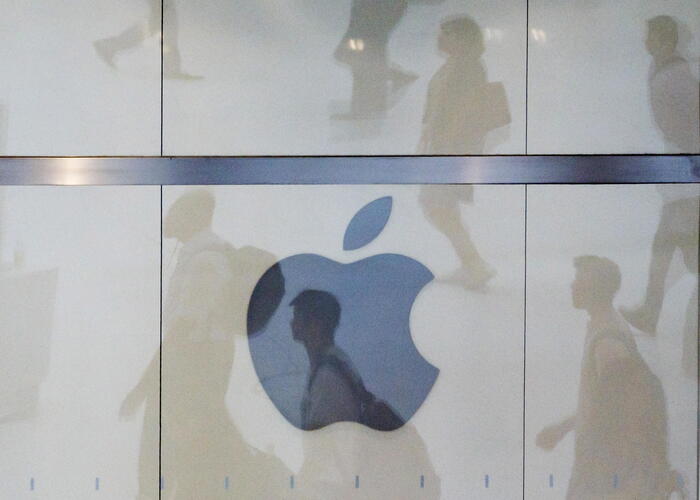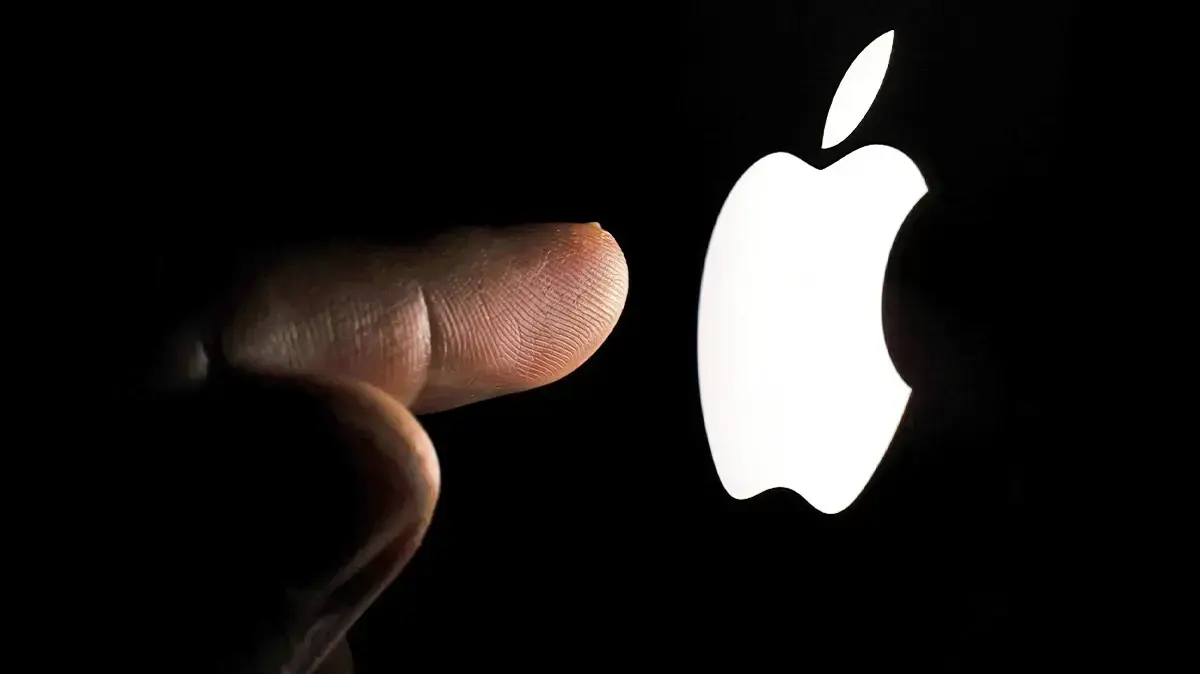On Saturday, August 11, 2011, Steve Jobs, suffering from cancer, called his acting successor at Apple, Tim Cook, to propose that same day he was the CEO of the company. Cook accepted with the fear that the co-founder of the technology company, accustomed to meddling in everything, would not allow him to manage Apple in his own way. The board of directors was also suspicious: he feared that the market, accustomed to the figure of Jobs, could not recognize Cook's strengths (Mobile, Alabama, 1960). He entered the position knowing that he was going to work within the model that his predecessor had designed, which everyone considered irreplaceable. Unlike what Jobs did when he returned in 1997 to the company he founded in 1976, Cook had no intention of bringing down what didn't work and then rebuild it . I planned to keep the ship in the direction it followed. Therefore, as Leander Kahney relates in the book The Apple of Tim Cook (Active Company), nobody was surprised that he did not immediately announce major changes that could worry investors and followers of the brand. The first thing he wanted was to gain his trust.
The new executive, who had arrived in 1998 at Apple Park, the headquarters of the multinational in Cupertino (California), decided that any change he made would be done in silence and behind the scenes, along the same lines as his previous contributions to the company, in which he had been responsible for operations and international sales. He began by getting involved in day-to-day administrative matters, something for which Jobs had no patience. It adopted a more active strategy in relation to promotions and corporate reporting structures, in addition to focusing more on Apple in education and launching a new program of complementary donations to contributions made by employees to charities. Jobs, on the other hand, had canceled many such initiatives.
Because the environment that Cook wanted to generate in the company was of camaraderie, something that did not exist until then. Therefore, he decided to send employees emails in which he addressed them as a team. And above all, it sent hopeful messages: "I trust that our best years are coming and that together we continue to make Apple that magical place that it is today." After this first statement, he began a series of meetings in the famous auditorium known as Apple Tower Hall, an initiative with which he began to spread the values within the company. Cook kept a line of communication open to everyone, as did Jobs, through several email addresses, personally responding to some of the hundreds of messages he received after his appointment.
Jobs was a sole CEO, of those who remain in the memory, because he was also Apple's product manager, that is, the person who decided on what type of device was launched on the market. His successor has not assumed this role, nor does he need to do so, although some analysts predicted that he would fail not to be linked to the product. In the opinion of the analyst Horace Dediu, expert in telephony and commercial strategy of the company, Cook has demonstrated that the important thing in a mature company is not so much the products as the logistics: chain of supply, distribution, finances and efficient marketing . And he believes, therefore, that Cook is the best CEO Apple has had to date .
Bets and uncertainties
Generalist Steve Jobs was never really a CEO, says analyst Horace Dediu, who believes he was an executive, in this sense, frightening. “He was always the product manager. He achieved success despite himself. ” In fact, he believes that when a company becomes a giant like Apple, what is required is to have a much more general executive maximum. "And that's what Cook has always been."
How to innovate Although the CEO has the support of employees, there are doubts about his management, about how Apple can continue to innovate in the same way it did under Jobs' mandate. It is an obsession within the company, in which even employees joke saying that the walls are full of posters with questions like 'Have you innovated today?'. Tim Cook values innovation at all levels.
Environment Under his management, he has placed real emphasis on environmental initiatives. While the Trump administration denies climate change, Apple makes investments in renewable energy, responsible forestry and sustainable manufacturing.


/cloudfront-eu-central-1.images.arcpublishing.com/prisa/MUTRAEQZHBADNCTJ7OTNDGNVTA.jpg)






